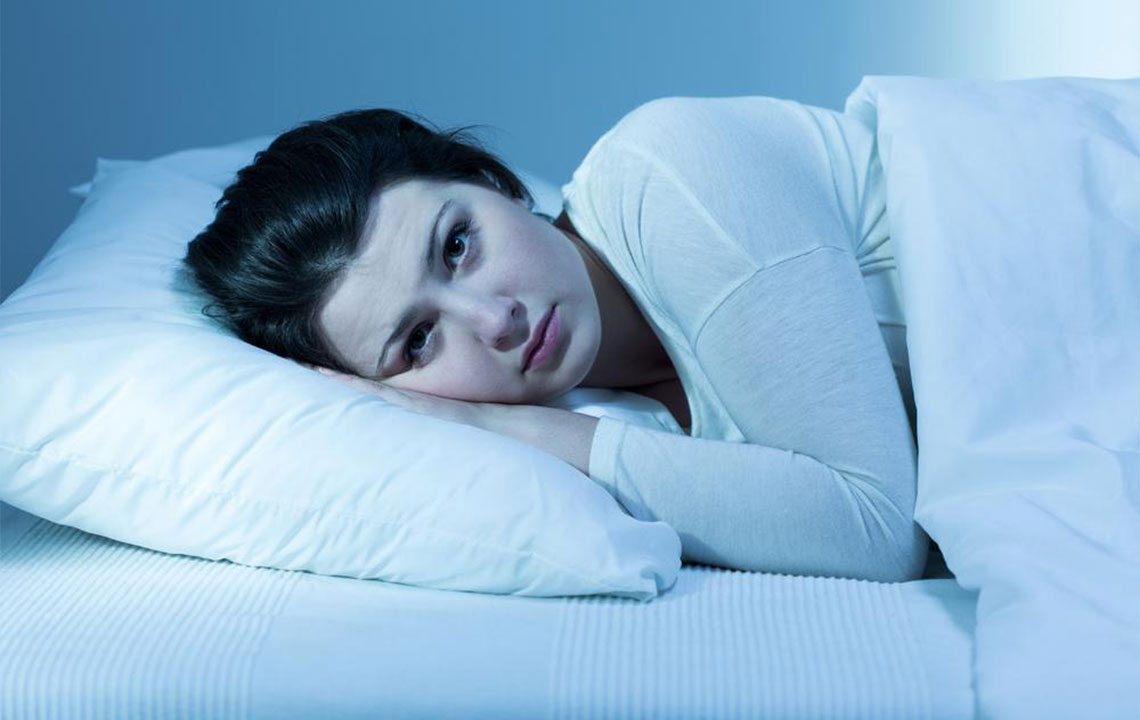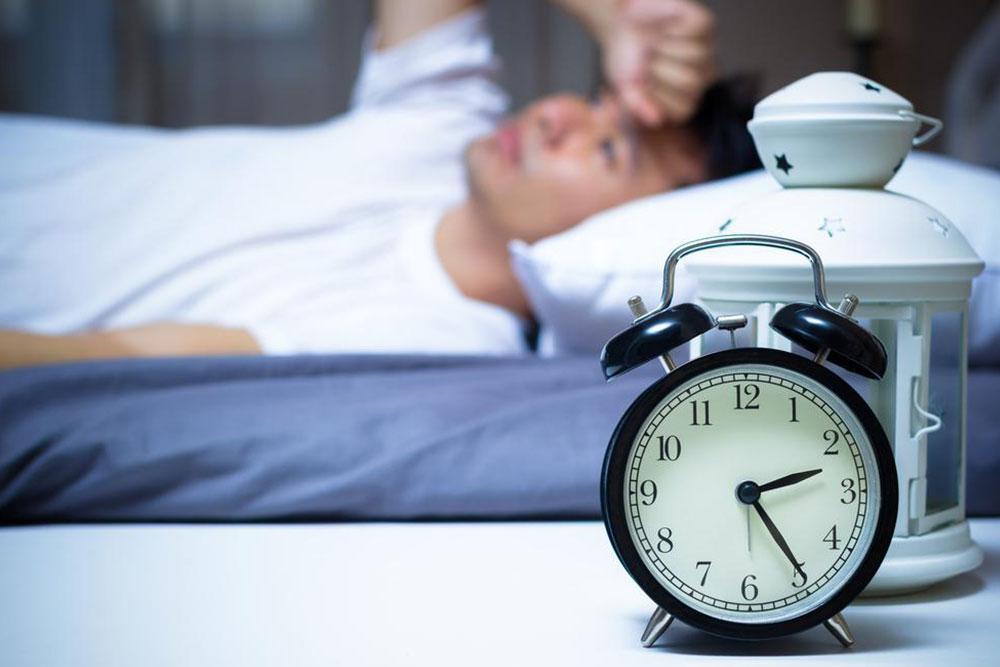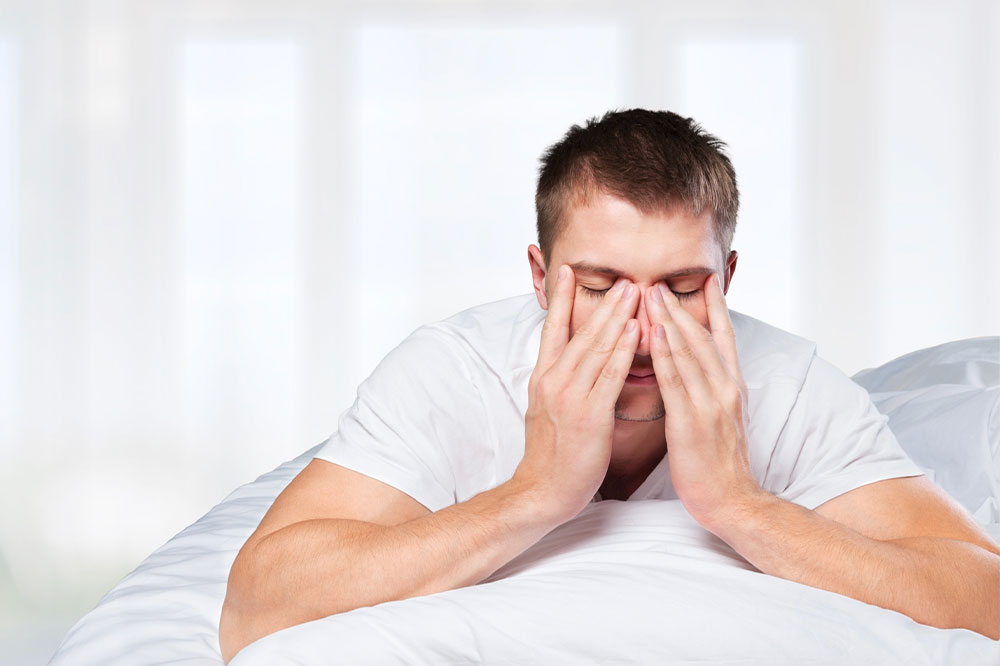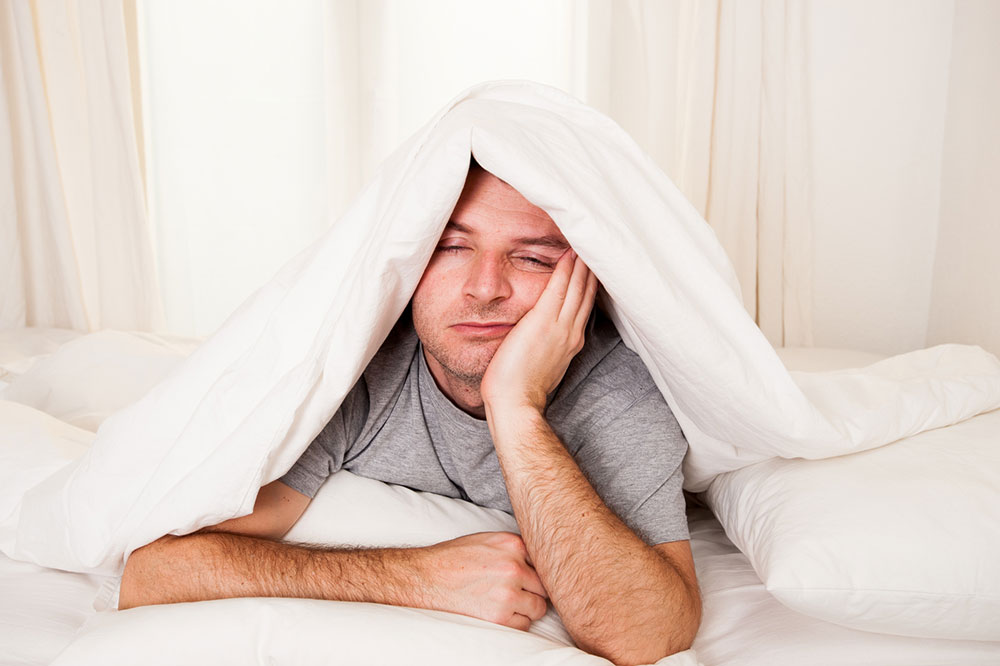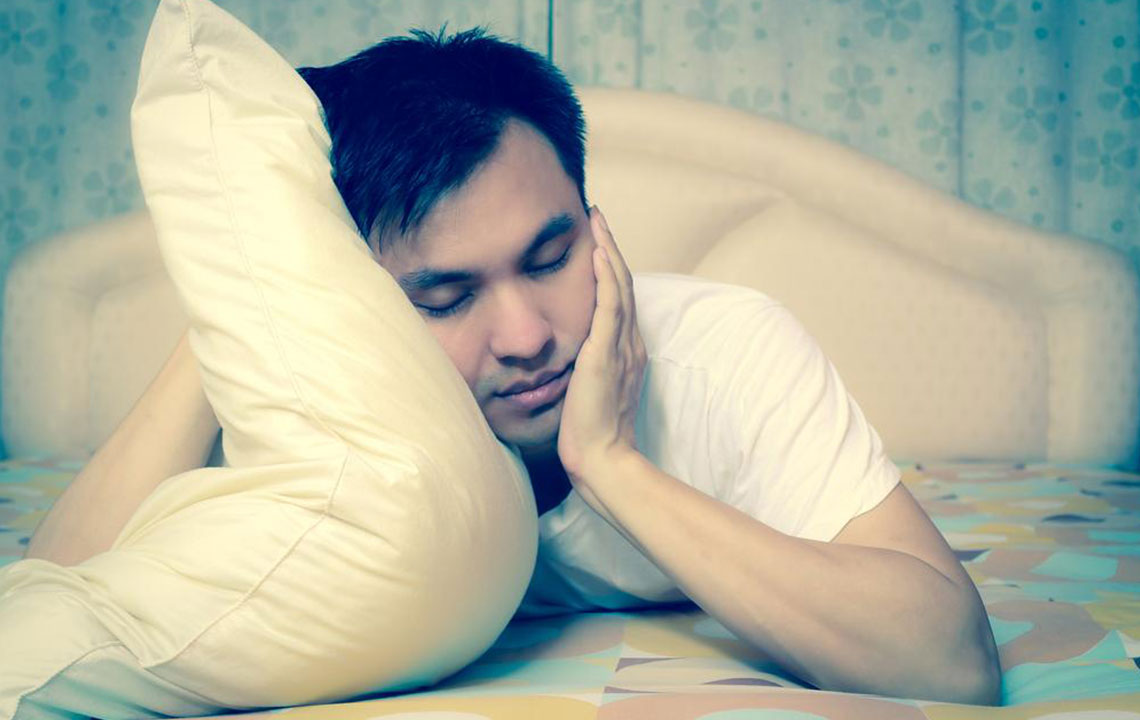Understanding the 5 Most Common Sleep Disorders
This article explores five common sleep disorders, including sleep apnea, insomnia, narcolepsy, and movement-related sleep issues. It highlights symptoms, causes, and the importance of seeking medical advice for proper diagnosis and treatment to improve sleep quality and overall health.
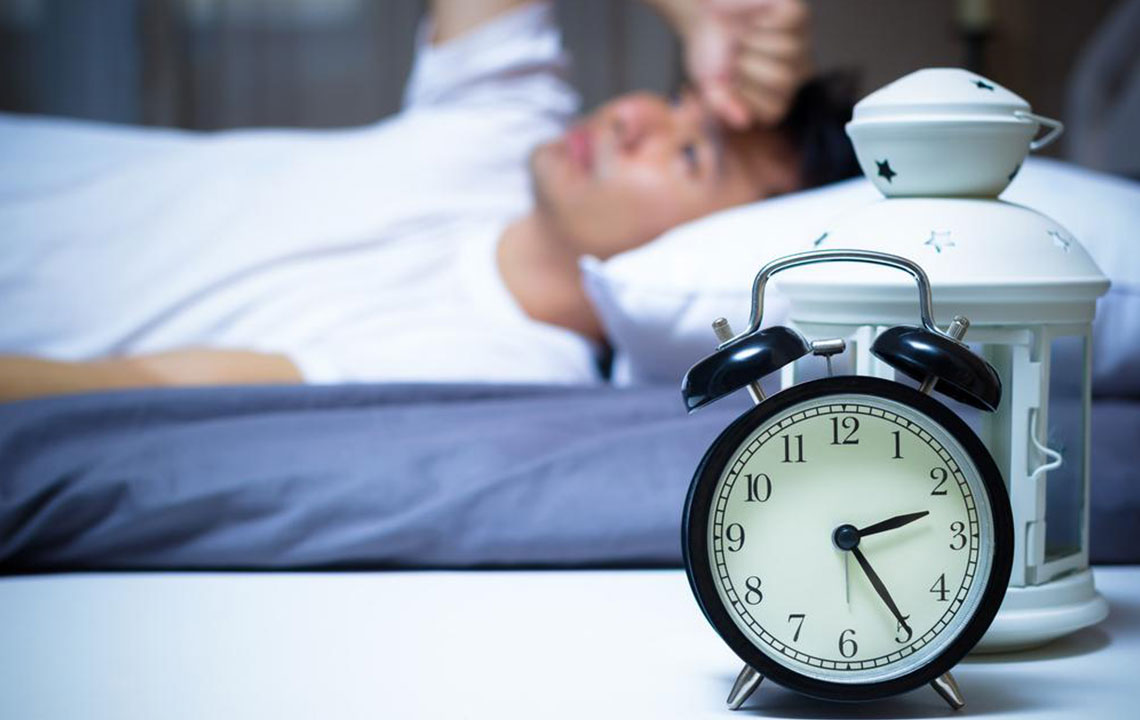
Understanding the 5 Most Common Sleep Disorders
Maintaining healthy sleep habits requires 7–8 hours of continuous rest. Disruptions in sleep can cause either too much or too little sleep, impacting overall health. Below are the five prevalent sleep disorders:
Sleep Apnea: This disorder affects breathing during sleep, often accompanied by loud snoring. It can cause brief awakenings, which may go unnoticed, leading to daytime fatigue and drowsiness. There are two main types:
Obstructive Sleep Apnea: Breathing interruptions occur due to throat relaxation blocking the airway, commonly seen in obese individuals or those with tonsillitis. It places extra strain on the respiratory system.
Central Sleep Apnea: Breathing irregularities happen because of brain function issues, sometimes linked to heart failure, stroke, or high-altitude sleeping.
Sleep Disorders (Somnia): These relate to difficulties in sleep, including:
Insomnia: An inability to fall or stay asleep, often caused by stress, medical issues, jet lag, or caffeine intake.
Hypersomnia: Excessive sleepiness leading to trouble staying awake during the day.
Parasomnias: Unusual behaviors during sleep such as nightmares, sleepwalking, or night terrors.
Narcolepsy: A neurological condition marked by uncontrollable daytime sleep episodes and sudden “sleep attacks,” regardless of activity or conversation.
Involuntary Limb Movements: These include restless movements during sleep, such as:
Restless Legs Syndrome (RLS): Discomfort and urge to move legs due to postural issues or body aches.
Periodic Limb Movement Disorder (PLMD): Rhythmic limb movements during sleep.
REM Sleep Behavior Disorder (RBD): Lack of paralysis during REM sleep causes individuals to act out their dreams.

